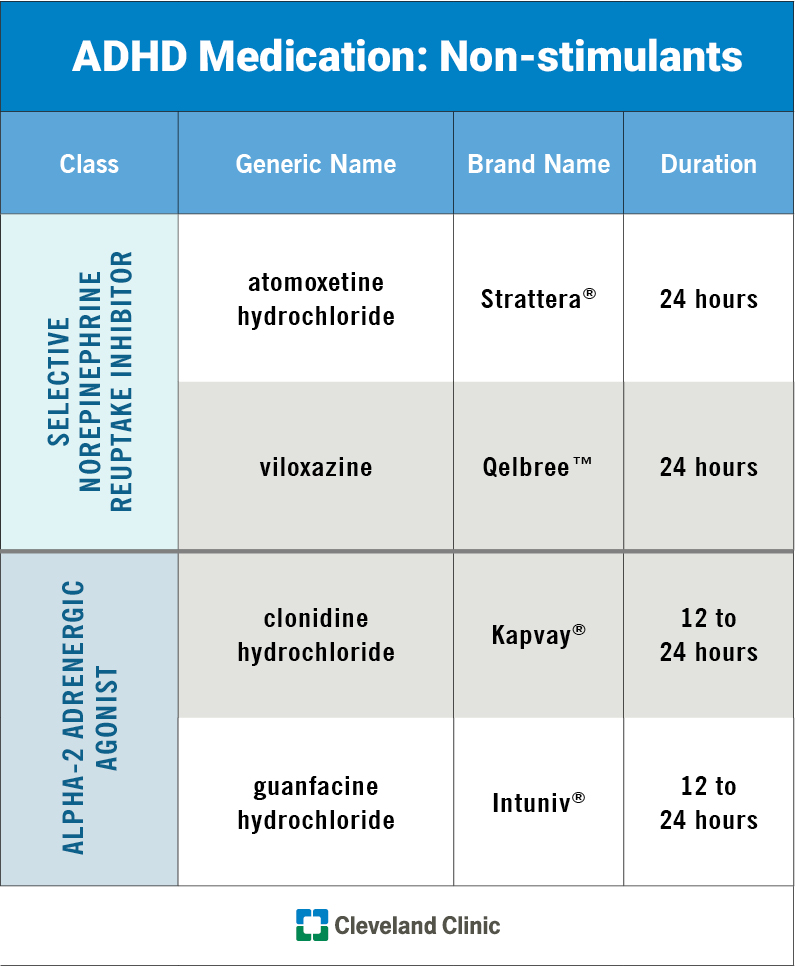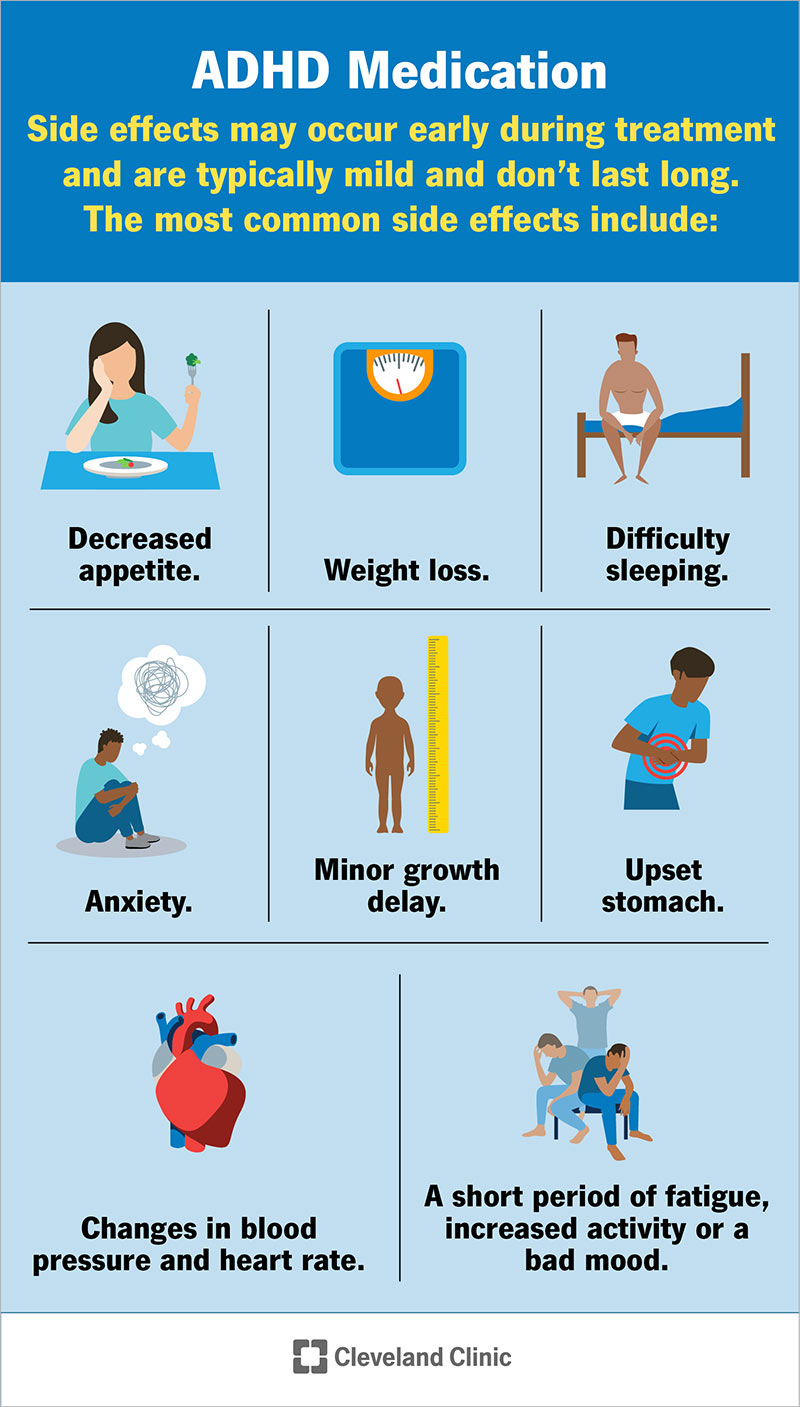ADHD medication can impact weight in adults. Some find it helps with weight loss.
Understanding ADHD medication’s role in weight changes can be complex. For adults dealing with ADHD, managing weight becomes another challenge. Medications used to treat ADHD sometimes have side effects that include appetite suppression. This can lead to weight loss. But, it’s crucial to balance treatment benefits with potential health impacts.
Knowing how these medications work and their effects on your body is essential. This blog will explore how ADHD medications can influence weight in adults. We’ll provide insights and tips to manage these changes effectively. Stay tuned to learn more about this important topic.
Introduction To Adhd Medication
ADHD, or Attention Deficit Hyperactivity Disorder, is a condition that affects many adults. Managing ADHD often involves medication to help improve focus and reduce impulsivity. These medications can also affect weight, which can be a concern for many adults.
Purpose And Usage
ADHD medications are designed to help individuals manage their symptoms. The primary purpose is to increase attention and decrease hyperactivity and impulsive behavior. These medications achieve this by balancing neurotransmitters in the brain.
Doctors prescribe ADHD medication based on the patient’s specific needs. It’s important to follow the dosage instructions carefully. Misuse of ADHD medication can lead to side effects and complications.
Common Types
There are several types of ADHD medications available. They fall into two main categories: stimulants and non-stimulants.
| Type | Description | Common Brands |
|---|---|---|
| Stimulants | These are the most common type of ADHD medication. They work quickly to increase dopamine and norepinephrine in the brain. |
|
| Non-Stimulants | These are used when stimulants are not effective or cause severe side effects. They work slower but can be effective in managing symptoms. |
|
Stimulants are often the first line of treatment. They have a quick onset of action. Non-stimulants are an alternative for those who cannot tolerate stimulants.
Each type of medication has its own benefits and potential side effects. It’s essential to discuss these with a healthcare provider to determine the best option.

Credit: my.clevelandclinic.org
Connection Between Adhd Meds And Weight Loss
Many adults with ADHD notice weight changes after starting medication. Understanding the connection between ADHD meds and weight loss can help manage health better. This section explores how these medications might affect weight.
Mechanisms At Play
ADHD medications affect brain chemicals like dopamine and norepinephrine. These chemicals influence attention and energy levels. Medications can reduce appetite by altering these brain signals. As a result, individuals may eat less without realizing it.
Some ADHD medications increase energy expenditure. This means the body uses more energy, even at rest. Increased energy use can lead to weight loss over time. Monitoring diet and activity levels remains crucial for a balanced lifestyle.
Impact On Metabolism
ADHD medications can change how the body processes food. Metabolism rates might increase, causing the body to burn calories faster. Faster metabolism leads to more efficient weight loss. Understanding these changes can help in maintaining a healthy weight.
Some medications also reduce cravings for unhealthy foods. This can make it easier to stick to a nutritious diet. Choosing healthy snacks and regular meals supports long-term health. Always consult a doctor before making major diet changes.
Potential Benefits Of Weight Loss
Weight loss can be a significant benefit for adults taking ADHD medication. Shedding extra pounds can lead to various improvements in life quality. These benefits range from better physical health to enhanced mental well-being.
Improved Health Outcomes
Losing weight can result in improved health outcomes. For adults, this may mean reduced risks of chronic diseases like diabetes and heart disease. With a healthier weight, blood pressure levels often stabilize. This can lead to fewer visits to the doctor.
A healthy weight also helps in better management of ADHD symptoms. It can improve energy levels, making it easier to stay active. Regular exercise becomes less of a chore and more of a joy. This can create a positive cycle of health and well-being.
Enhanced Self-esteem
Weight loss often leads to enhanced self-esteem. For many adults, losing weight can boost confidence. Feeling good about one’s body can have a ripple effect on other aspects of life. Social interactions can become more enjoyable.
Self-esteem impacts mental health. With higher confidence levels, stress and anxiety may decrease. This can lead to a more positive outlook on life. Overall, the benefits of weight loss can be both physical and emotional, enriching many facets of life.
Risks And Side Effects
ADHD medication can be a powerful tool for managing symptoms. But, it also comes with risks and side effects. Weight loss in adults is a common concern. Let’s dive into some of the potential physical and mental health issues.
Physical Health Concerns
ADHD medications can reduce appetite. This can lead to unintended weight loss. Significant weight loss can cause fatigue and weakness. In some cases, it may affect the immune system. Long-term use of these medications can impact heart health. Regular monitoring by a doctor is essential.
Mental Health Implications
While ADHD medications help focus, they can affect mood. Some adults may experience increased anxiety or depression. Sleep disturbances are also common. Lack of sleep can worsen mental health. It can create a cycle of poor mood and reduced effectiveness of the medication. Always communicate changes in mental health to your healthcare provider.
Balancing Benefits And Risks
ADHD medication can help adults manage symptoms effectively. Yet, it can also lead to weight loss. This side effect raises concerns about overall health. Balancing the benefits and risks is crucial.
Doctor’s Role
Doctors play a key role in managing ADHD medication. They monitor dosage and side effects closely. Regular check-ups ensure the treatment is effective.
Doctors provide guidance on diet and exercise. They help prevent unhealthy weight loss. They also adjust medication if needed.
A comprehensive treatment plan includes regular assessments. This helps in balancing benefits and risks effectively.
Patient’s Responsibility
Patients must communicate openly with their doctor. Sharing any side effects, including weight loss, is vital. This ensures timely adjustments to the treatment plan.
Maintaining a balanced diet is crucial. Patients should focus on nutrient-rich foods. Regular meals help prevent excessive weight loss.
Exercise routines should be discussed with a doctor. Physical activity helps in maintaining a healthy weight. It also boosts overall well-being.
Patients should track their weight regularly. Keeping a journal can help in monitoring changes. This information is useful during medical appointments.

Credit: my.clevelandclinic.org
Alternative Approaches To Weight Management
Managing weight while on ADHD medication can be challenging for adults. Many seek alternative methods to maintain a healthy weight. These approaches often complement traditional treatments. They include dietary changes, physical activity, and behavioral therapies. These methods offer holistic support and can be easier to sustain long-term.
Diet And Exercise
Diet plays a crucial role in weight management. Consuming balanced meals with whole foods helps maintain energy levels. Incorporate fruits, vegetables, lean proteins, and whole grains into your diet. Avoid sugary snacks and high-calorie foods.
Exercise is equally important. Regular physical activity helps burn calories and boosts metabolism. Engage in activities you enjoy, like walking, swimming, or cycling. Aim for at least 150 minutes of moderate exercise weekly. This can be broken into shorter sessions throughout the day.
Behavioral Therapies
Behavioral therapies can support weight management efforts. Cognitive-behavioral therapy (CBT) helps change unhealthy eating habits. It focuses on identifying and altering negative thought patterns. This can lead to better food choices and improved self-control.
Mindfulness-based therapies also prove beneficial. They encourage awareness of hunger cues and emotional eating triggers. Practicing mindfulness can help reduce overeating and promote healthier eating habits. These therapies offer a supportive framework for achieving and maintaining weight goals.
Personal Stories And Testimonials
Adults taking ADHD medication often share their journeys. These personal stories highlight both the positive and challenging aspects of their experiences, including weight loss. Here, we explore some of these testimonials to offer a comprehensive understanding.
Success Stories
Many adults have seen significant weight loss while on ADHD medication. For instance, John, a 35-year-old teacher, lost 20 pounds in six months. His focus improved, and he felt more energetic.
Another success story is that of Lisa, a 28-year-old nurse. She shed 15 pounds within three months. Lisa credits her weight loss to better concentration and reduced impulsive eating.
Challenges Faced
Despite these successes, some adults face challenges. Sarah, a 40-year-old manager, struggled with nausea and appetite loss. She lost weight but felt weak and tired.
Michael, a 32-year-old software developer, experienced mood swings and insomnia. These side effects made it hard to maintain his new weight.
Here is a quick summary of common challenges:
- Nausea
- Appetite loss
- Weakness
- Mood swings
- Insomnia
These stories show that while ADHD medication can lead to weight loss, it may come with its own set of challenges. It is important to consult with a healthcare provider to manage these effects effectively.

Credit: www.reddit.com
Frequently Asked Questions
Can Adhd Medication Cause Weight Loss In Adults?
Yes, ADHD medication can cause weight loss in adults. Stimulant medications often reduce appetite. This can lead to weight loss.
How Do Adhd Medications Affect Appetite?
ADHD medications, especially stimulants, can suppress appetite. This effect varies among individuals. It is essential to monitor diet and weight.
Is Weight Loss From Adhd Medication Safe?
Weight loss from ADHD medication can be safe. However, significant or rapid weight loss should be discussed with a healthcare provider.
Can Non-stimulant Adhd Medications Cause Weight Loss?
Non-stimulant ADHD medications are less likely to cause weight loss. However, some individuals may still experience appetite changes.
Conclusion
Understanding ADHD medication and its effects on weight is crucial. Adults should monitor changes carefully. Consult a healthcare provider regularly. A balanced diet and exercise can help manage weight. Stay informed and proactive. Your health matters. Make informed choices. Stay healthy.












Leave a Reply